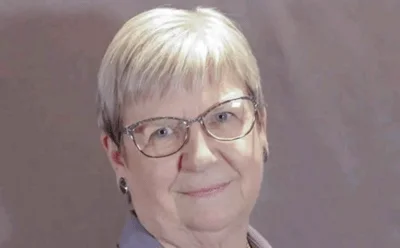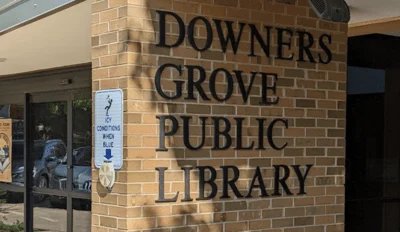The Affordable Care Act, also known as "Obamacare," has had a real impact on Chicago-headquartered Dental Dreams' ability to provide services to low-income Medicaid recipients, an official with the company that manages its business operation said during a recent interview.
"It does for two reasons," Michael Peters, chief operating partner of KOS services, which manages business operations for Dental Dreams, told DuPage Policy Journal. "First, the expansion of Medicaid coverages has increased the percentage of individuals with dental insurance. All Medicaid recipients under the age of 18 are provided dental coverage and many states, including Illinois, provide coverage for adults as well."

Peters cited studies that indicate dental problems have a huge influence on virtually all aspects of adult existence, impacting employment opportunities, social life and overall well being.
"As such, we were extremely pleased when Illinois reinstated adult dental coverage for Medicaid recipients in 2014 after eliminating it in 2012," Peters said. "The Affordable Care Act also requires insurers on the exchanges to offer dental care as an optional add-on to plans on the exchanges."
Dental Dreams' performance in state Marketplace exchanges under the Affordable Care Act are a glimmer of positive news for the federally mandated health care system that has, over the last few months, been plagued by health care insurance providers’ plans to leave state exchanges. Earlier this month, Aetna's announced its plans to dramatically scale back participation in the Affordable Care Act in 2017. Other health care insurance providers have announced similar cutbacks and where they remain, substantial premium increases are expected in 2017.
The situation is especially dire in Pinal County Arizona, where no health care insurance providers are expected to offer plans under that state's Affordable Care Act Insurance Marketplace exchange in 2017. A state official there reported two health care insurance providers are willing to offer plans in that county next year but not on the state's exchange.
Health insurance providers that have announced they are pulling out of state exchanges have cited heavy profit losses as the primary reason. Many U.S. residents — particularly those with low incomes — get their health care coverage from those exchanges. The Affordable Care Act mandates that most U.S. citizens acquire and maintain health insurance coverage and those who don't face fines and other penalties. The Affordable Care Act also provides subsidies to assist lower-income people with their plans.
Despite difficulties other providers are having, Dental Dreams has found a way to operate successfully under the Affordable Care Act. For instance, the company made a commitment to providing its services through the Affordable Care Act for low-income adults and children in South Carolina, a state that historically has had a substantial number of poor people living in rural areas. Unlike many states where exchanges restrict dental care to children on Medicaid, South Carolina provides dental care as an essential medical service for both adults and children.
"Our programs in Illinois are essentially the same as in South Carolina but our presence is more extensive," Peters said. "Our headquarters are in Chicago and our first clinic was opened in Aurora in 2001. We currently have 18 clinics in Illinois."
Medicaid recipients in Illinois have much in common with those in South Carolina, Peters said. "The needs of the underserved are similar throughout the country," he said. "A significant portion of the population that has coverage for dental care through enrollment in Medicaid is unable to access care due to a lack of providers willing to provide service to Medicaid beneficiaries."
That is where Dental Dreams steps in to fill that gap under the Affordable Care Act, where other dental health care providers have failed. "Our model allows us to provide high quality service to our patients and competitive compensation to our doctors while primarily serving Medicaid patients," Peters said.






 Alerts Sign-up
Alerts Sign-up